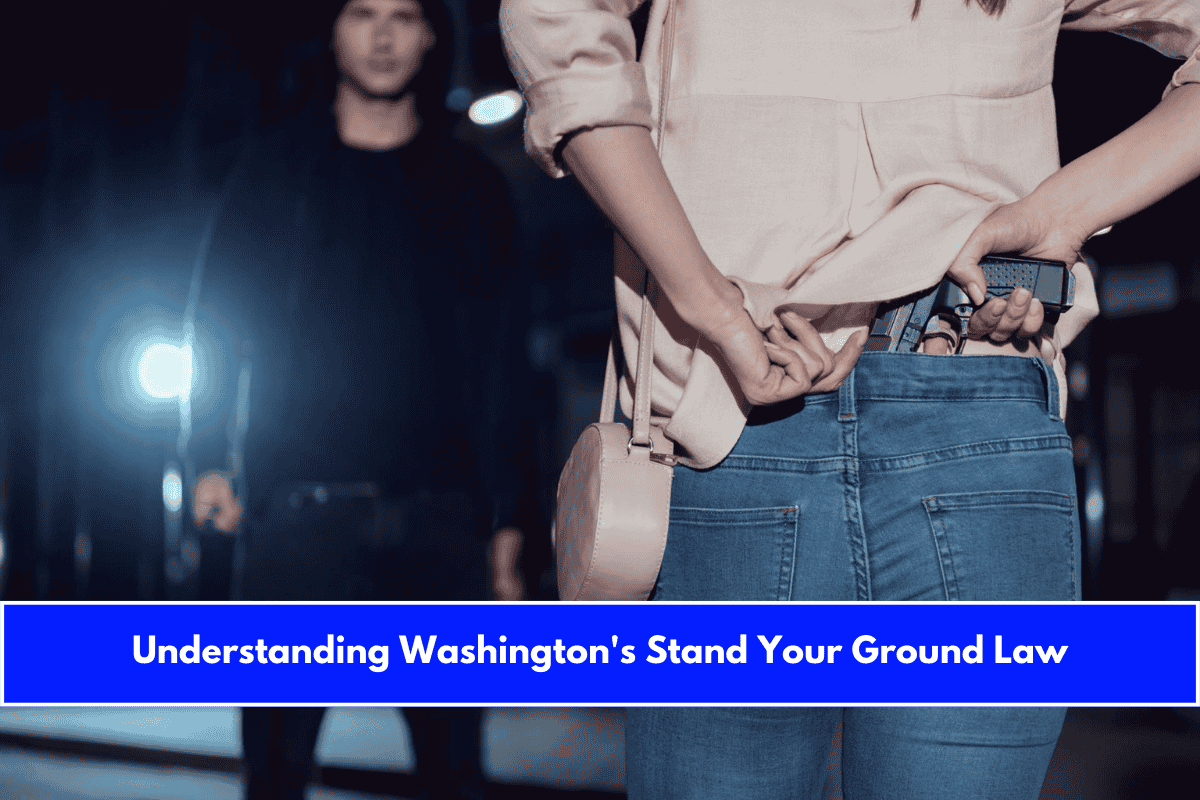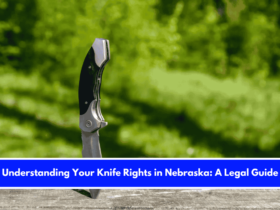Washington State is a stand your ground state, meaning individuals have no legal duty to retreat before using force—including deadly force—in self-defense, as long as they are lawfully present in a place where they have a right to be.
This legal doctrine is a key part of Washington’s broader self-defense laws and is distinct from, but related to, the state’s Castle Doctrine.
Key Principles of Stand Your Ground in Washington
- No Duty to Retreat: If you are in a place where you are legally allowed to be, you do not have to retreat before using force to defend yourself or others from an imminent threat of harm. This applies whether you are at home, in your car, at work, or in public.
- Reasonable Belief and Imminent Threat: The use of force (including deadly force) is justified only if you reasonably believe it is necessary to prevent death, great bodily harm, or a felony against yourself or another person. The threat must be immediate and unavoidable.
- Proportionality: The force used must be proportional to the perceived threat. Deadly force is only justified if you believe lesser force would be insufficient to prevent serious injury or death.
- Lawful Presence: You must be lawfully present in the location where the incident occurs. If you are trespassing or engaged in illegal activity, the stand your ground defense may not apply.
Castle Doctrine vs. Stand Your Ground
| Aspect | Stand Your Ground | Castle Doctrine |
|---|---|---|
| Where it applies | Anywhere you have a legal right to be | Primarily your home (and attached structures) |
| Duty to retreat | None | None within your home |
| Use of deadly force | Allowed if facing imminent serious threat | Presumed justified against unlawful intruders |
-
Castle Doctrine: Specifically allows use of deadly force in your home (or attached structures) without a duty to retreat, based on the presumption of imminent harm from an unlawful intruder.
Limitations and Legal Considerations
- Initial Aggressor: If you provoke or start the confrontation, you may lose the protection of stand your ground or castle doctrine.
- Defense of Property: You may use reasonable, non-deadly force to protect property, but deadly force is generally not justified solely to protect property unless your personal safety is also directly threatened.
- Legal Review: Claims of self-defense are subject to legal scrutiny. Prosecutors and courts will consider whether your belief in the threat was reasonable, whether your response was proportional, and whether you could have safely avoided the confrontation.
Washington’s stand your ground law allows you to defend yourself or others with necessary force, including deadly force, without retreating, as long as you are lawfully present and reasonably believe you face an imminent threat of serious harm.
The Castle Doctrine further strengthens these protections within your home. However, the law requires that your actions be reasonable and proportional, and misuse of force can still result in criminal charges.
If you are involved in a self-defense situation, it is strongly advised to consult with a qualified attorney to ensure your rights are fully protected and to navigate the complexities of Washington’s self-defense laws.
Sources:
- https://mcaleerlaw.net/defending-your-rights-washingtons-self-defense-laws-explained/
- https://www.treyzlaw.com/washington-state-self-defense-laws/
- https://www2.sustainable-markets.org/post/castle-law-in-washington-state
- https://en.wikipedia.org/wiki/Stand-your-ground_law
- https://www.tromboldlaw.com/blog/is-washington-a-stand-your-ground-state/











Leave a Reply